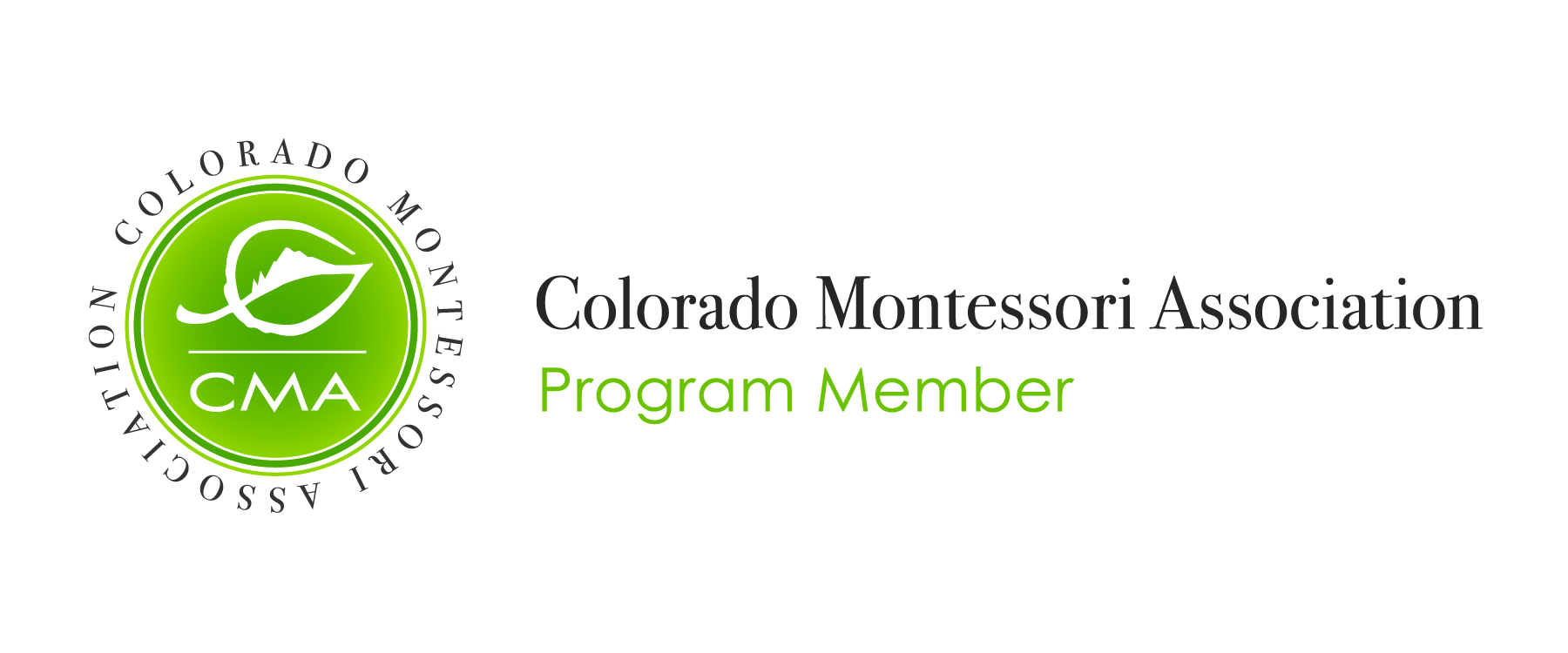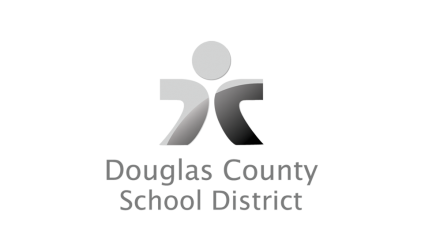Bullying, Behavior & Conflict
When students bring their problems to adults…
…we say “Oh my goodness, what did YOU do about that?” (Making sure they take ownership for attempting a resolution)
…we are teaching our students and helping them to do the following, in this order
TALK – Did the student talk with the person they are having a problem with? Did they express their feelings? Did they talk to an adult about the issue?
WALK – If the issue escalates, and they have tried to TALK, we encourage the student to walk away in order to deescalate or to get help.
SQUAWK – If the problem is still not resolved, students need to find an adult or authority figure to help support problem resolution.
- Based on the work of Jim Fay, Love and Logic co-founder
…we also teach them…
![[Tags] friendship1 Bullying, Behavior & Conflict](https://dcsmontessori.org/wp-content/uploads/2020/09/friendship1.jpg) Good communication for Good friends
Good communication for Good friends
- Eye Contact
- Body Language
- Facial Expressions
- Listening
- Using the right words
…and…
Solving problems with friends
- Stay Calm
- Use “I” statements, not “You” statements
- Listen
- Compromise
![[Tags] friendship1 Bullying, Behavior & Conflict](https://dcsmontessori.org/wp-content/uploads/2020/09/SOS.png)
Sources of Strength
As students age up, they will be asked to participate in Sources of Strength which is our Middle School universal intervention program. The mission of Sources of Strength is to provide the highest quality evidence-based prevention for suicide, violence, bullying and substance abuse by training, supporting, and empowering both peer leaders and caring adults to impact their world through the power of connection, hope, help and strength.
BrainWise®
Our mental health professionals implement BrainWise where behavioral interventions are required to teach them the skills needed to minimize bullying, behavioral difficulties, and student conflict. These skills and strategies are outlined in the BrainWise® Program. Students gain the ability to:
- Recognize Red Flag Warnings
- Separate Fact from Opinion
- Consider Consequences
- Communicate Effectively
- And other Wise Ways to help in stressful situations
Students use their newly-acquired thinking skills to assess and analyze a variety of problems. This practice involves classroom applications and everyday activities. Awareness of how the brain uses thinking skills to process problems and replace impulsive reactions gives children and teens a greater understanding of why the 10 Wise Ways are important. BrainWise Program


